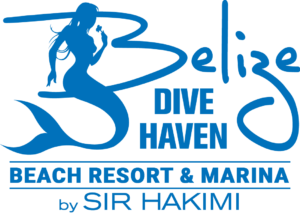In a paper published in 2017, a group of French scientists found that recreational diving helped reduce stress and improve well-being.1 Their findings are not that surprising for anyone that dives, as many people report feeling relaxed and centred after diving. The focus on breathing, feeling of weightlessness, and calm surroundings work together to help reduce stress and create a sense of mindfulness.
Breathing
Proper breathing techniques are crucial for a safe and successful dive. Breathing deeply and evenly also helps improve feelings of wellbeing and calmness. Some have theorized that the deep breathing required for scuba stimulates the body’s relaxation response and helps eliminate the stress-inducing enzymes in your body.
Weightlessness
A recent relaxation trend that offers people a way to calm the mind and reduce stress is flotation tanks. The gravity-defying weightlessness experienced in flotation tanks is almost identical to what scuba divers experience when underwater. The feeling of lightness, combined with the sounds of rhythmic breathing create the perfect relaxing atmosphere.
Calm Surroundings
There’s something calming about watching fish, which could be why many people love aquariums. That serene feeling is amplified when you’re actually underwater, immersed in an ocean-sized aquarium. It’s almost impossible to not feel relaxed and de-stress when surrounded by beautiful coral, fish and other sea creatures, slowly moving with the water’s movement.
Experience the beauty lying beneath the surface of the Caribbean Sea and see for yourself the calming abilities of a diving trip.
Just 30 miles from Belize City, Belize Dive Haven is located in pristine Turneffe Atoll. Consisting of creeks, lagoons, mangrove islands and cays, the atoll is home to over 500 species of fish, 65 different species of stony corals as well as birds, turtles, manatees and dolphins.
View galleries of our resort, amenities
and dive spots on Facebook and Twitter
1 US National Library of Medicine. “Recreational diving practice for stress management: An exploratory trial.” Retrieved on December 10, 2919 from https://www.ncbi.nlm.nih.gov/pmc/articles/PMC5741699/

